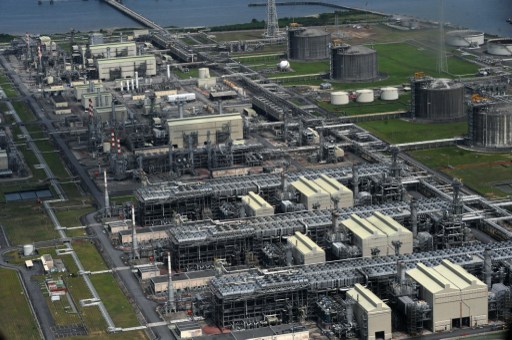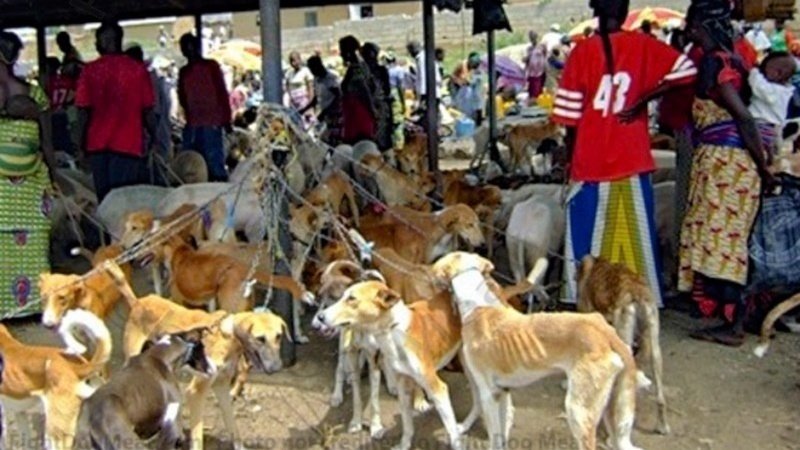The Ugandan parliament has dismissed a resolution by the European Union (EU) parliament to halt the development of the country’s oil sector, citing environmental concerns and human rights abuses, as economic racism.
Thomas Tayebwa, deputy Speaker of the Ugandan parliament, said the motion by the EU parliament seeks to curtail the progress of Uganda’s oil and gas developments and by extension, the country’s socio-economic growth and development.
“It also seeks to deny Ugandans and East Africans the benefits and opportunities from the oil and gas sector. This represents the highest form of economic racism against developing countries,” Tayebwa said.
Earlier, the European Parliament had fingered the joint oil production and transportation by Uganda and Tanzania, calling on the EU and the international community to exert “maximum pressure” on the two countries over associated human rights abuses and environmental concerns.
The parliament, sitting in Strasbourg, France, advised EU members, the international community and project promoters and stakeholders to “put an end to the extractive activities in protected and sensitive ecosystems, including the shores of Lake Albert.”
“It is imprudent to say that Uganda’s oil projects will exacerbate climate change, yet it is a fact that the EU bloc, with only 10 percent of the world’s population, is responsible for 25 percent of global emissions, and Africa, with 20 percent of the world’s population, is responsible for three percent of emissions.
The EU and other western countries are historically responsible for climate change. Who then should stop or slow down on development of natural resources? Certainly not Africa or Uganda,” Tayebwa added.
Uganda and Tanzania are developing a cross-border oil extraction and pipeline project comprising the installation of the East African Crude Oil Pipeline (EACOP), which will transport oil produced from Uganda’s Lake Albert oilfields to the port of Tanga in Tanzania.
The 1,443km pipeline will run from Kabaale, Hoima district in Uganda to the Chongoleani Peninsula near Tanga Port .
At least 80 percent of the thermal-insulated pipeline is in Tanzania and will be buried underground.
The EU legislative body called on the Ugandan government to release those still in custody for protesting the development, noting that various human rights defenders, journalists and civil society actors have been reported to have suffered criminalisation, intimidation and harassment.
They include Maxwell Atuhura, an environmental rights defender and field officer in Buliisa for the NGO Africa Institute for Energy Governance.













